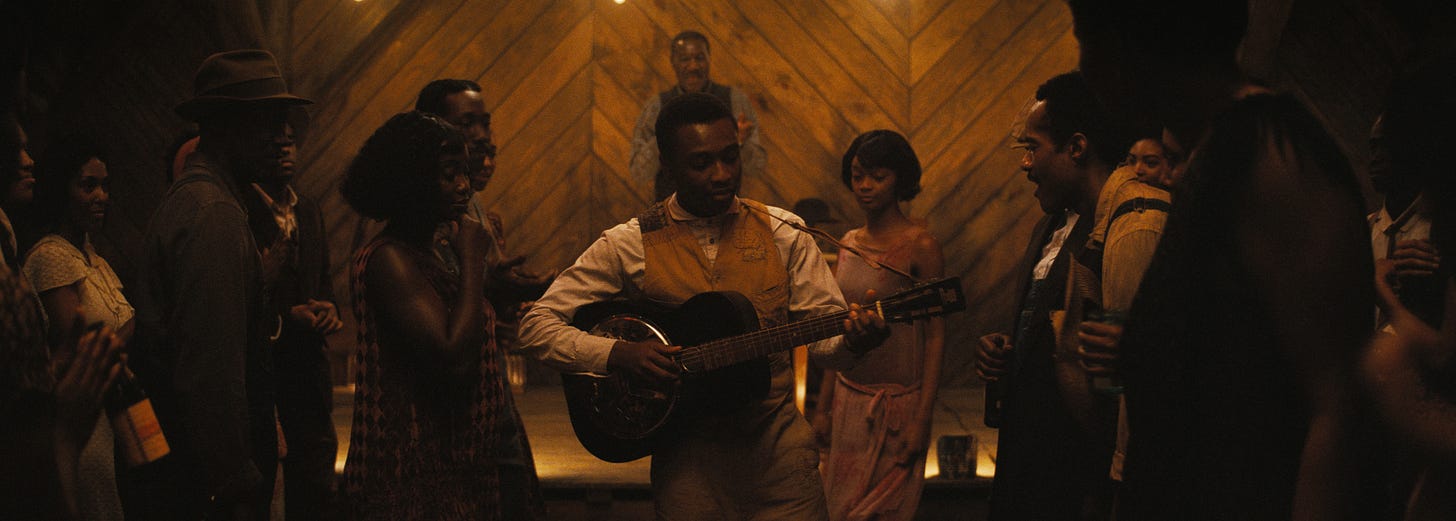How 'Sinners' escaped the “wokeness” wars
One of the year’s best movies has escaped film culture’s most tiresome topic.
Sinners has been in theaters for a week and a half, and it appears the main discourse points are as follows: The movie is great. It’s a creative triumph, the exact sort of original story the movies rarely deliver anymore.
It’s loved by the vast majority of critics and moviegoers. It’s doing fantastic business and looks like it’s going to continue doing so, thanks to great word of mouth. It’s an unabashedly sexy and horny movie, complete with way more discussion of cunnilingus than you were probably expecting.
There have been a couple of odd stories in the trades, questioning whether the film will ever break even, or that the deal Coogler got could have calamitous consequences for the industry, but these have largely been mocked by people who rightfully see the film as a huge success. There’s also a potential controversy brewing over the film losing the bulk of its IMAX screens, next week, to the new Marvel film Thunderbolts.
Sinners is a rare film that has sparked fascinating discussions of all kinds, even though there isn’t much argument over whether it’s good, as almost everyone agrees that it is.
But there’s one thing that’s been notably missing from the Sinners talk so far: Why isn’t it part of the “wokeness” wars?
Sinners is a movie by a Black director, with a mostly Black cast. It’s set in the 1930s, in the deep South, has Klansmen among the bad guys, and [minor spoiler] it puts the audience in a position to root for the Klansmen to suffer a comeuppance. It’s many things, but apolitical, it is not.
Keep reading with a 7-day free trial
Subscribe to The SS Ben Hecht, by Stephen Silver to keep reading this post and get 7 days of free access to the full post archives.




